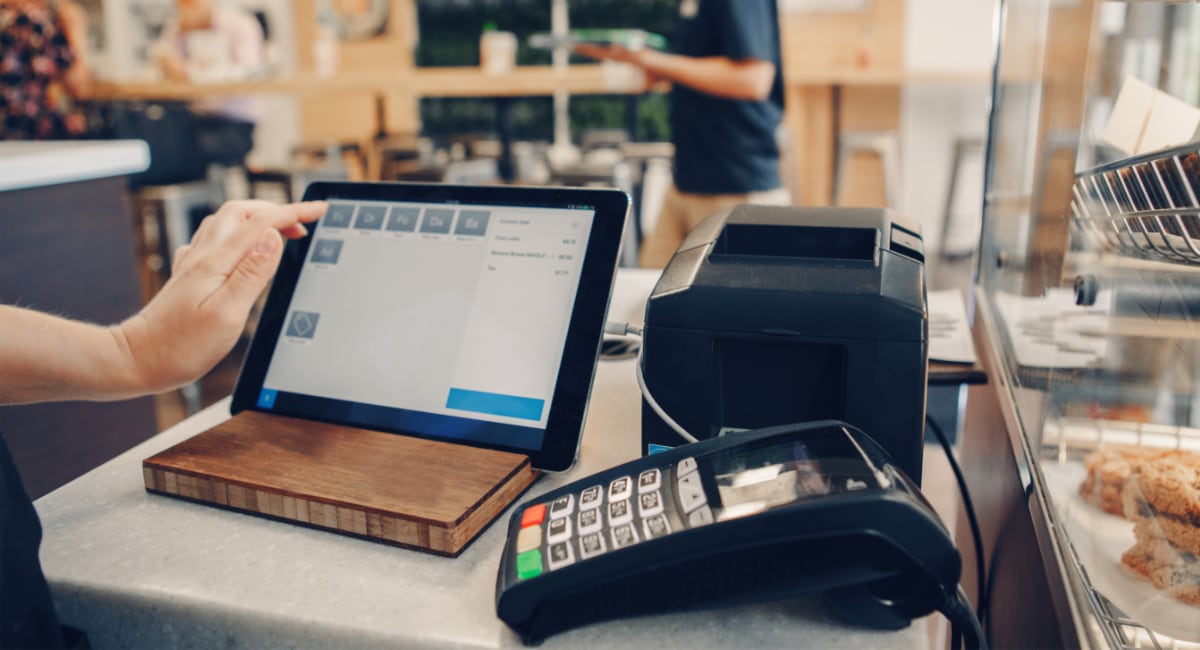How POS Systems Drive Business Growth in the Digital Era

In today’s fast-changing business landscape, technology is no longer a luxury — it’s a necessity. Among the many tools shaping modern commerce, Point of Sale (POS) systems stand out as a powerful driver of business growth. From retail stores to restaurants and service providers, businesses across industries are adopting POS systems to streamline operations, improve customer experiences, and boost profitability. Let’s explore how POS systems are fueling business growth in the digital era.
1. Streamlined Operations and Efficiency
One of the biggest advantages of a POS system is operational efficiency. Traditional cash registers and manual record-keeping often slow down processes, increase errors, and waste valuable time. A modern POS system automates tasks such as billing, invoicing, and payment processing.
For example, in a busy retail store, a POS system can quickly scan items, apply discounts, and generate receipts within seconds. In restaurants, it can connect directly to kitchen displays, reducing miscommunication between waitstaff and chefs. These time-saving features allow businesses to serve more customers efficiently, creating space for growth.
2. Smarter Inventory Management
Inventory control is one of the most challenging aspects of running a business. Overstocking ties up capital, while stockouts lead to missed sales opportunities and dissatisfied customers. A POS system provides real-time visibility into stock levels, helping business owners make smarter decisions.
Modern POS platforms can track sales trends, predict demand, and even send alerts when stock levels are running low. For businesses in the digital era, this automation ensures products are always available when customers need them. Smarter inventory management not only saves costs but also builds trust and reliability, two key factors for long-term growth.
3. Data-Driven Business Insights
Data is often called the new oil, and a POS system is one of the most valuable sources of business data. Every transaction captured by a POS holds insights about customer behavior, sales trends, and overall business performance.
With built-in analytics and reporting features, POS systems provide real-time dashboards that owners can use to understand which products sell best, what times are busiest, and which promotions drive results. By leveraging these insights, businesses can refine their strategies, make informed decisions, and align operations with customer expectations — leading to steady growth in revenue.
4. Enhanced Customer Experience
In the digital age, customer experience is a key differentiator. Shoppers expect fast, convenient, and personalized service. POS systems play a critical role in meeting these expectations.
For instance, integrated POS systems can support multiple payment options such as credit cards, mobile wallets, and contactless payments, ensuring a smooth checkout process. Loyalty programs and customer databases can also be managed within the POS, enabling businesses to offer personalized discounts or rewards. This strengthens customer relationships and encourages repeat purchases, driving long-term growth.
5. Enabling Omnichannel Commerce
The digital era has blurred the lines between physical and online shopping. Customers may browse products online, visit a physical store, and then complete the purchase via a mobile app. POS systems make this possible by integrating offline and online sales into a single platform.
For example, cloud-based POS systems synchronize data across all sales channels, ensuring consistent pricing, promotions, and inventory management. This seamless omnichannel approach gives customers flexibility while helping businesses capture sales from multiple touchpoints. The result is stronger brand presence and higher sales volumes.
6. Supporting Scalability and Growth
Finally, POS systems are designed to grow with a business. Whether you’re operating a single store or expanding into multiple branches, a POS system can scale to meet increasing demands. Cloud-based platforms allow managers to monitor sales, employees, and inventory across locations from anywhere.
This scalability ensures that as businesses grow, their systems remain efficient and adaptable. Instead of struggling with outdated processes, businesses can focus on expanding into new markets, launching products, or improving services — knowing their POS will support the journey.
Conclusion
In the digital era, growth depends on agility, efficiency, and customer-centric strategies. POS systems empower businesses by streamlining operations, managing inventory, providing actionable insights, and enhancing the customer experience. More importantly, they enable businesses to adapt to changing trends and scale seamlessly.
For businesses aiming to thrive in today’s competitive marketplace, adopting a modern POS system isn’t just an option — it’s a growth strategy.






